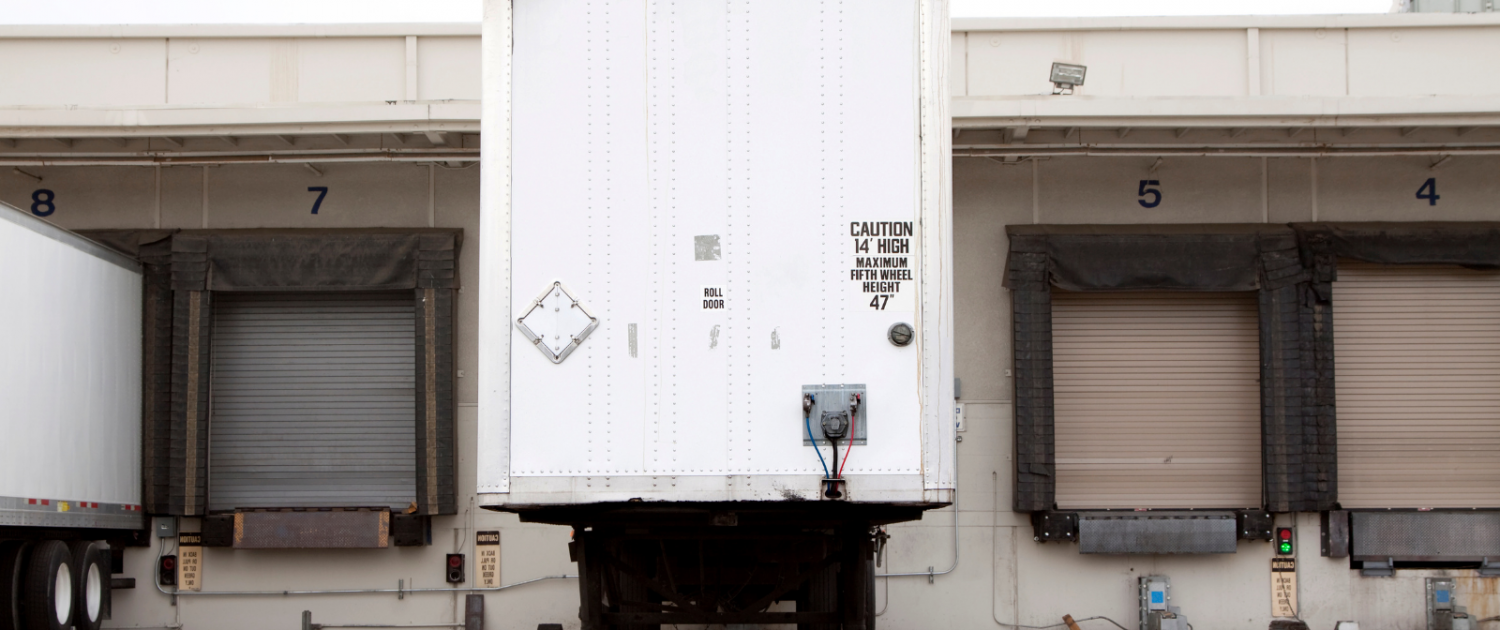
If you’ve recently passed the CDL driving test, you know the relief, pride, and satisfaction that comes along with it. Truck driving can be a great career, and if you’re thinking about becoming a driver, passing the CDL driving test is your first step. Here’s what you need to know to pass the CDL test with flying colors.
What Does the CDL Test Consist of?
It’s different in every state, but all tests will consist of a written knowledge test and a driving test. In some states, the written test is taken to get your CDL permit, while in others it’s taken to get your actual CDL. The driving test goes by different names state to state, but will always consist of some combination of these; pre-trip inspection, basic skills (or backing), and road skills.
1. Study, Study, Study
 Like with any test, the best way to pass the CDL test is to study.
Like with any test, the best way to pass the CDL test is to study.
Every state has some sort of guide or study material for their CDL test. There are a lot of websites that may ask you to pay for a study guide, but you can usually find a free version on the state’s D/BMV website.
Once you’ve got your study materials, you’ll need to set a study schedule for yourself. Choose a target date to take the test and then spend a little time studying every day, preferably the same time every day so you can get used to the routine of it.
Also, be realistic about the date you choose. You’ll want to be fresh for the test and stay motivated, so choose something relatively close. That said, make sure you give yourself enough time to properly study. For most people, 2-3 weeks is a good timeframe.
Once you get to know the material, start taking practice tests. Many states offer free practice tests on their website. There are also third-party sites like Trucker Country that allow practice tests. Drivers can take a generalized test for a CDL license or practice tests that are for a specific endorsement. These practice tests are a great way to test your knowledge and find any areas that need more studying.
But, just be aware that the CDL test is a little different based on what state you are in. Make sure you get a copy of the study guide from the state where you’ll be taking the licensing test.
2. Demonstrate Technical Expertise
 With the written portion of the CDL test done, it’s time to show off your driving skills. First and foremost, make sure you know the truck. The last thing you want is to try and make a simple air vent adjustment and be fumbling with the buttons. With the evaluator watching, even routine adjustments can feel like they have a lot of pressure. Know the inside of the cab like the back of your hand.
With the written portion of the CDL test done, it’s time to show off your driving skills. First and foremost, make sure you know the truck. The last thing you want is to try and make a simple air vent adjustment and be fumbling with the buttons. With the evaluator watching, even routine adjustments can feel like they have a lot of pressure. Know the inside of the cab like the back of your hand.
Aside from knowing the inside of your cab, there are a few skills that you absolutely have to get right to pass the CDL driving test. Some of them are obvious — don’t stall and no shifting at intersections. Others are skills that you may need to be more conscious about.
For example, it’s very important to use proper exit and entry techniques when you are getting in and out of the truck. Similarly, train yourself to notice weight limit signs as you’re driving.
An examiner may ask you about a posted weight limit sign shortly after you’ve passed it. You need to know what it said. Any time you are driving, even in a personal vehicle, try to notice details on the road like weight limit signs.
We spoke with new CDL driver Brittany, and she shared this advice:
New CDL Driver, Brittany
“If you’re going to school, be out there every day doing pre-trip inspections and maneuvers and stay focused while doing it. Ask all the questions you can think of because that’s what instructors are for. No question is a dumb question and don’t be nervous on test day. All the practice will show as long as you’ve put in the work.”
3. Make the Basics Obvious
 When you take the CDL driving test, it’s easy to focus on the things that will be challenging, but don’t forget the basics. These are the things that are probably almost second nature to you, and you do them any time you drive.
When you take the CDL driving test, it’s easy to focus on the things that will be challenging, but don’t forget the basics. These are the things that are probably almost second nature to you, and you do them any time you drive.
Keep two hands on the wheel. Check your mirrors and scan regularly. Signal all lane changes. Keep an eye out for speed limit signs and make sure you’re driving a few miles per hour under the speed limit. All of these are common sense basics, but make a point to make these obvious when you take your licensing test.
4. Beyond Passing
 Make sure you know the automatic failure points so you can avoid them, but set your sights higher. Don’t focus on just barely passing. When you are in the cab with the evaluator, remember to stick to your purpose. You’re not in the cab to make friends, so don’t get too chatty. Some evaluators may consider this distracted driving.
Make sure you know the automatic failure points so you can avoid them, but set your sights higher. Don’t focus on just barely passing. When you are in the cab with the evaluator, remember to stick to your purpose. You’re not in the cab to make friends, so don’t get too chatty. Some evaluators may consider this distracted driving.
Above all, stay calm even if you make mistakes. You will likely encounter at least one small unexpected surprise while doing the CDL driving test. Take in the new information and keep moving forward. If you made a mistake, fix it for the next time.
A calm personality and the ability to respond well to unexpected changes are key for drivers. Demonstrating that skill in a road test will impress your evaluator and give them confidence in your ability to be on the road professionally.
Looking for a new CDL Job?
Drive My Way matches you with a job based on your preferences like pay, home time, touch level, and more.








 Few of us enter the workforce expecting to work forever – but it turns out some professions are more conducive to the long term than others. The Center for Retirement Research at Boston College
Few of us enter the workforce expecting to work forever – but it turns out some professions are more conducive to the long term than others. The Center for Retirement Research at Boston College 
